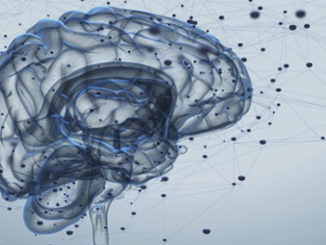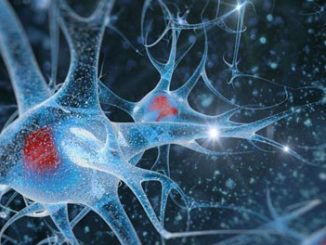Bisulfite Sequencing Reveals the Evolution of a Popular Songbird’s Memory and Learning
The genome and methylome of a popular songbird, Parus major, or more commonly called the great tit, has just been revealed. Researchers have long awaited this data and can now use these findings to learn more about how one the field’s favorite songbirds has adapted to the changing world. Using bisulfite conversion followed by whole-genome bisulfite sequencing, the results indicate that the chemical marks above the DNA sequence that influence gene expression – known as epigenetic modifications – play an [more…]






